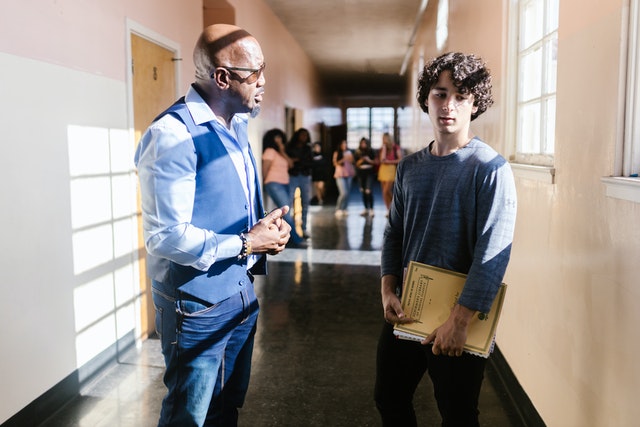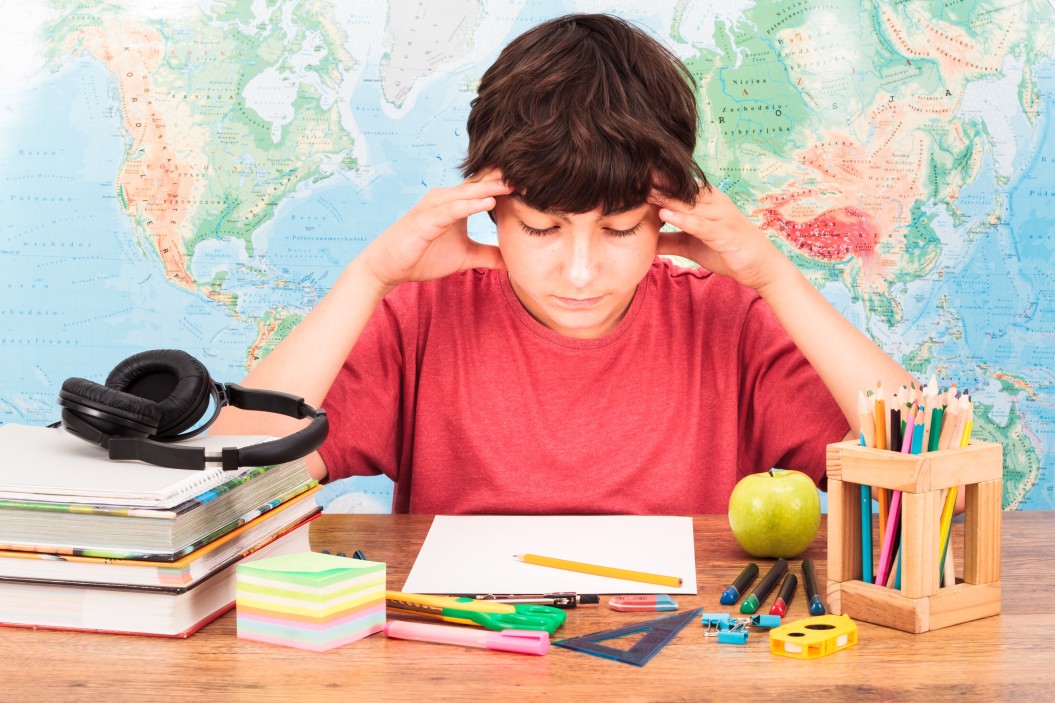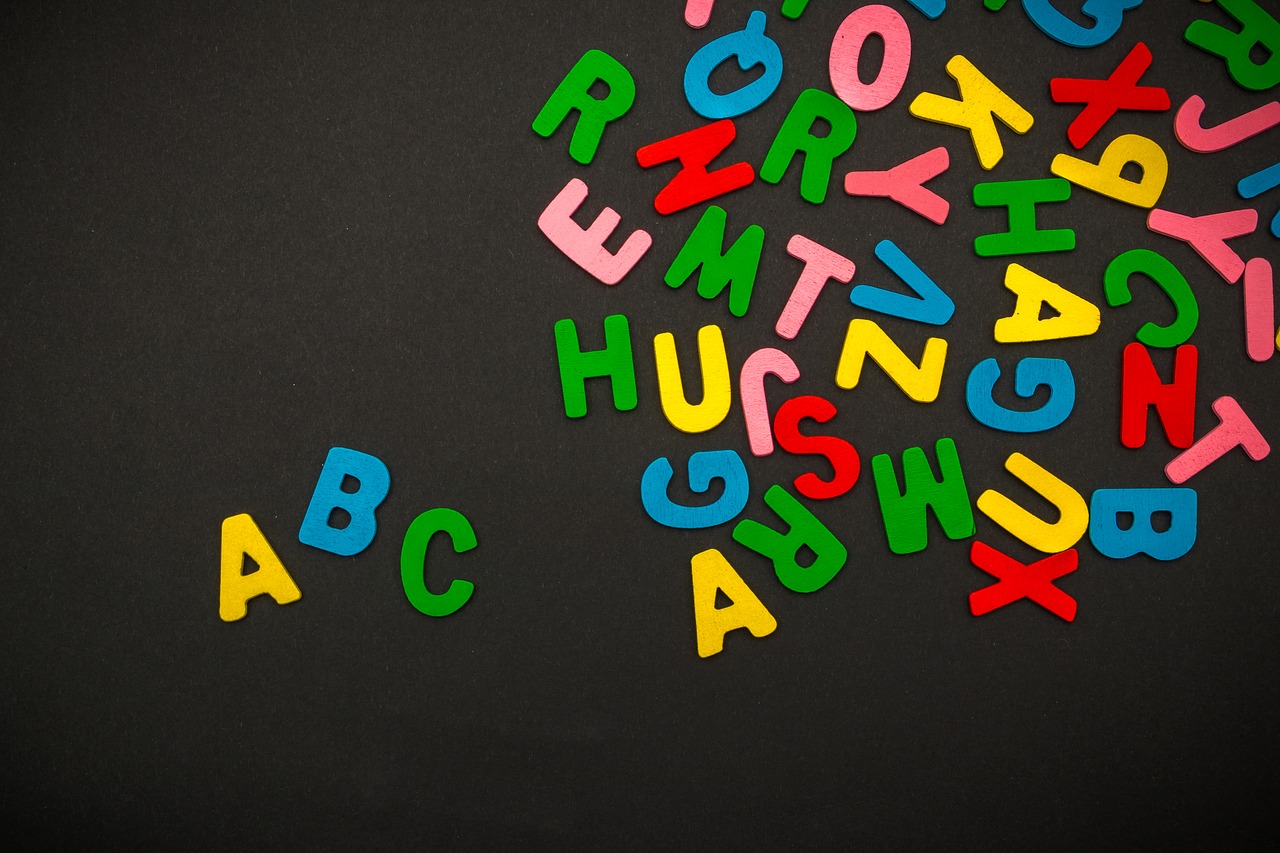Breaking the Cycle of Silence Around Black Mental Health
 Data shows that Black youth are especially prone to develop mental health issues but less likely to seek out or receive the specialized services and care they need.
Data shows that Black youth are especially prone to develop mental health issues but less likely to seek out or receive the specialized services and care they need.
On the Sunday before Chicago Public School students returned from spring break in 2014, five middle school students were hanging out in a neighborhood park when shots rang out in the vicinity. Two students were wounded by gunfire.
Only a few hours later, Tynisha Jointer, a social worker in the district, heard about the shooting on the local news and sprang into action. She and colleagues quickly arranged to visit the victims and their families in the hospital; she stayed up until 2:00 a.m. putting together a plan to support their classmates at school.
The normalization of trauma is far too common among Black youth, who data shows are at higher risk for mental health issues due to disproportionate exposure to illness, poverty, toxic stress, and racism. One in every three Black children in the United States has been exposed to two to eight adverse childhood experiences (ACEs), which can have serious long-term effects on a person’s health for the rest of their lives.
But according to experts, the stigma around mental health, the absence of specialized services, and the fear of discrimination or abuse mean that Black youth and families are less likely to seek out—or actually receive—the mental health services they need. Studies also suggest that Black youth and their families are less likely to be referred to mental health services than their White counterparts—and even when they receive referrals, they are less likely to follow through.
Rethinking School Practices
Though schools have increasingly become an important source of mental health care for students, targeted outreach to address the mental health of students like Jointer’s can be rare.
In the three years between 2015 and 2018, major depressive episodes in Black teens increased by 14 percent, and suicide attempts by Black youth increased by 73 percent between 1991 and 2017. For all age groups of Black Americans, reports of serious mental illness have been on the rise for more than a decade.
“Our young Black people are scared, worried, overwhelmed, and concerned about their place and space in the world,” says Jointer. “Without proper platforms to unpack the stress and traumas they have endured, we will see more young people in crisis.”
“When Black children exhibit certain behaviors, they’re deviant and defiant, but when White children do it, they’re exploring and expressive,” says Jointer, who recommends that schools review policies and practices undertaken by staff to determine if they are culturally responsive and consistently implemented fairly in all student populations.
Teaching Emotional Self-Awareness
In a recent study, fewer than half of Black students polled said they felt comfortable reaching out to a teacher if they needed mental health support, and less than 40 percent felt comfortable reaching out to a counselor.
There are messages about “not airing your dirty laundry in public,” says Lindsey of the Black community, which “make one apprehensive about even acknowledging a mental health–related challenge.”
Schools Can’t Do It Alone
Given the significant needs of students and their families, schools “do not have nor will they ever have the resources to meet all the needs of their students,” says Adonai Mack, senior director of Equity Services for the Association of California School Administrators. He recommends that districts work in collaboration with outside organizations such as mental health–focused nonprofits and universities with counseling centers to provide targeted resources.
These partnerships can also ease some of the barriers to accessing services for Black children and families, Mack explains. Schools that have a robust offering of mental health services statistically see an improvement in student attendance rates, reduced rates of detention or expulsion, and higher academic achievement in students, as well as an overall improvement in graduation rates.
Excerpted from “Breaking the Cycle of Silence Around Black Mental Health” in Edutopia. Read the full article for additional details on successful interventions at schools around the country.
Source: Edutopia | Breaking the Cycle of Silence Around Black Mental Health, https://www.edutopia.org/article/breaking-cycle-silence-around-black-mental-health | © 2021 George Lucas Educational Foundation
CHC offers free community education sessions for educators. Join us to learn practical teaching strategies you can use in your classroom to help more kids reach their promise and potential. Educator sessions are led by experienced educator/clinician teams from Sand Hill School and CHC.





